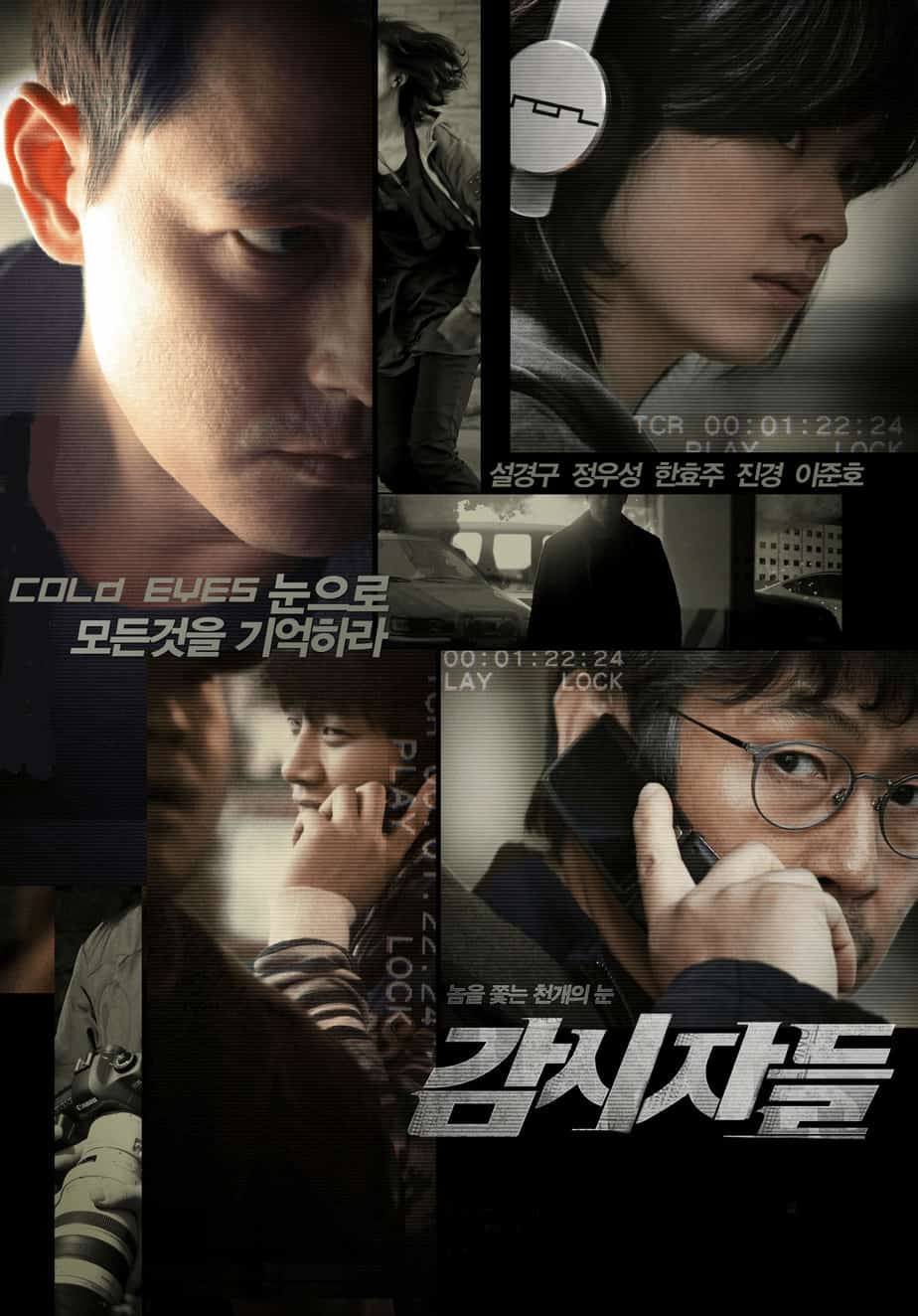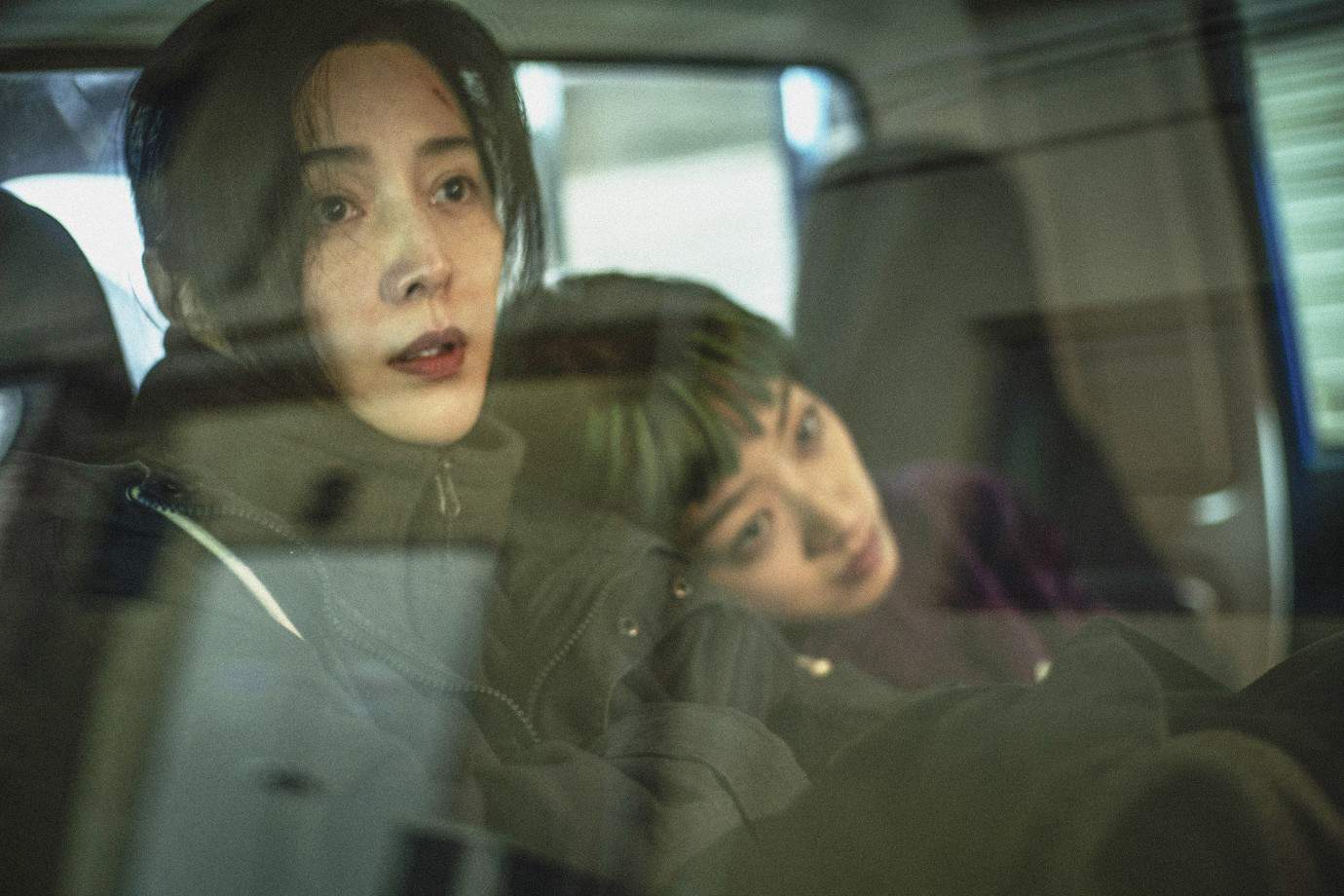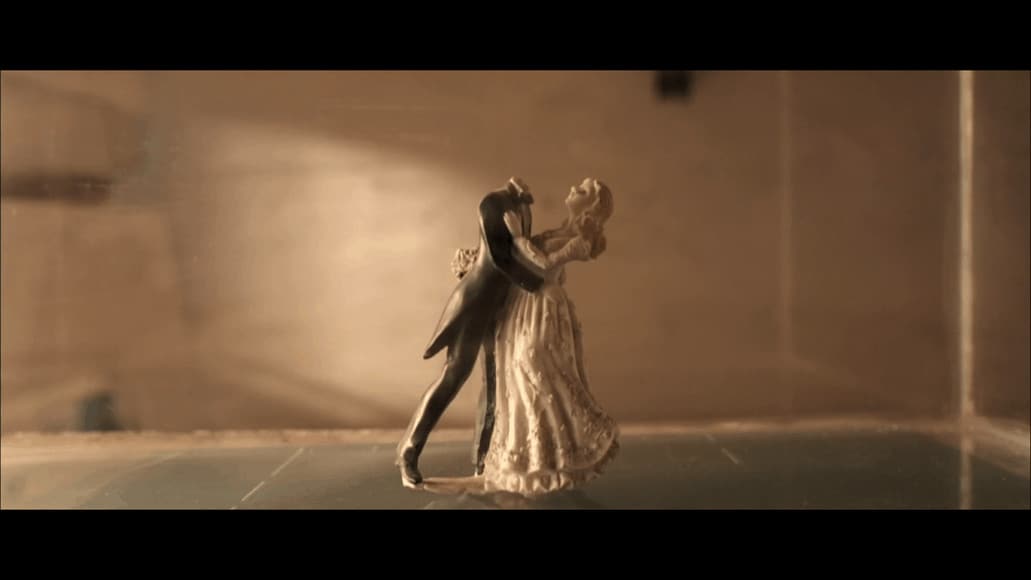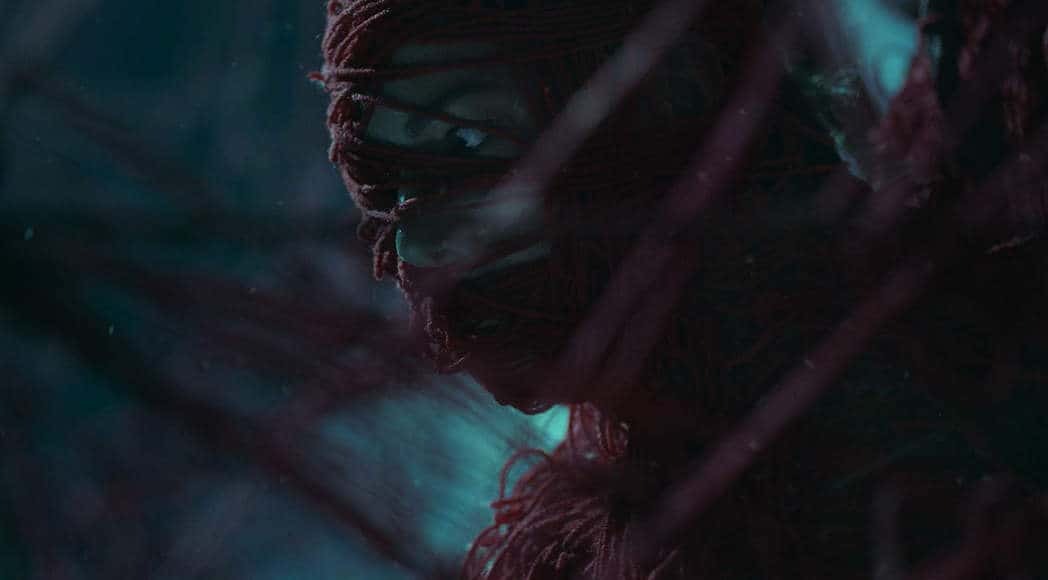In his youth, Iranian director Mohsen Makhmalbaf was involved with a militant anti-Shah group. During one protest, then 17-year-old Makhmalbaf stabbed a policeman, was arrested and imprisoned until he was released during the Iranian revolution in the 1970s. The event itself troubled the director for quite some time as it was crucial for his development as a person as well as an artist, which is why he finally decided to confront it in his 1996 feature “A Moment of Innocence”, a movie that, like most of his other works, was banned in Iran, but praised especially by European and American critics who compared it to Francois Truffaut's “The 400 Blows”, for example.
At the center of the story, we have Mohsen Makhmalbaf playing himself as a director attempting to make a feature film about an event in his youth which led to his imprisonment and defined himself. In order to make the story as authentic as possible, he and his team even managed to track down the policemen Makhmalbaf had stabbed then (Mirhadi Tayebi), who is not only supposed to act as himself, but should also train the actor who will be cast as his younger self. Even though he expresses dissatisfaction with the casting decision, a somewhat clumsy, but committed young man (Ali Bakshi), he nevertheless understands the greater purpose of the work they are doing and start to instruct the young man on how to be a policeman.
Meanwhile, Makhmalbaf has started instructing the young actor (Ammar Tafti) who will play his younger self in the feature, telling him about his past, his motivation and his relationship to his cousin who helped him during the attack. Everything seems to go as planned until the actual shooting of the scene, when Makhmalbaf's agenda, the ex-policemen's idea of the event as well as the emotions of the actors regarding what they are about to do collide.
A feature such as “A Moment of Innocence” is semi-autobiographical by nature. Perhaps driven by the realization that one can only approach the reality of a moment, but never fully re-capture it, Makhmalbaf never aims for the latter, but instead focuses on the feelings connected to the event, the idea of losing one's innocence as a human being through one act of violence. For the director, the one in the film and Makhmalbaf himself, the event holds a key to unravel a far greater truth or link to the present, whereas Mirhadi Tayebi, who is the actual policemen that was stabbed by Makhmalbaf, understands the action in a different way, hoping for a certain kind of depiction. This is only one conflict the story creates, considering both understand the event quite differently as it had quite a different impact on their lives.
Repeatedly, Makhmalbaf blurs the line between the real person, the actor and the character they play, as well as the different narrative layers of “A Moment of Innocence”. Some scenes seem confusing at first, but have a much deeper connection to the overall narrative, a revelation to the viewer who notices the beauty in the complicated, interwoven story Makhmalbaf tells here. Similarly, his script suspends the differentiation between character, real person and actor, for example, when Tayebi constantly corrects the young man playing his younger self until he, fed up with the actor's inadequate performance, finally takes over and acts alongside him during their rehearsals. On the other hand, the director aims to make the actor who play his younger self understand his past motivations and the chronology of the event, ignoring the somewhat naive, pacifist notions of the young actor. In the end, the young man even breaks down crying, claiming he is unable to stab another person, even if it is fake, since the violence of the event appalls him.
Mohsen Makhmalbaf's “A Moment of Innocence” is a narratively and formally challenging drama about a person dealing with a decisive moment in his life. Its interwoven storylines and ambivalent nature make the movie something like a cinematic parable on loss of innocence, a story which is beautifully told while also quite sad at times.















